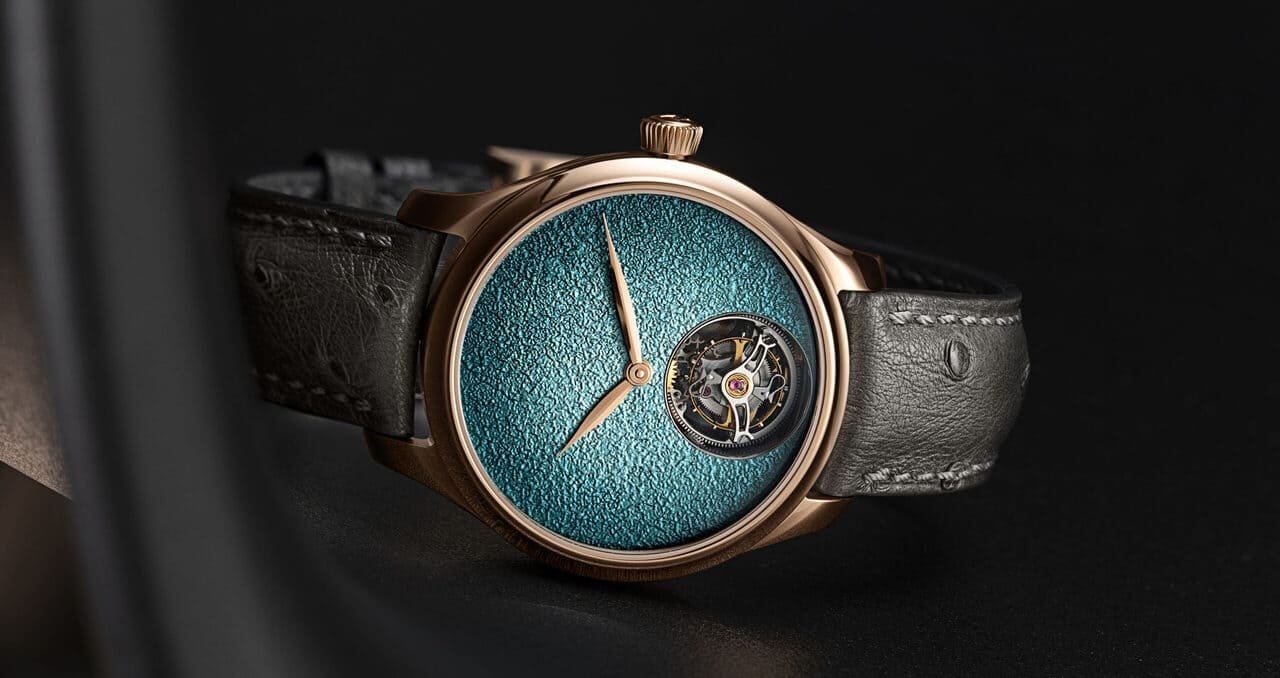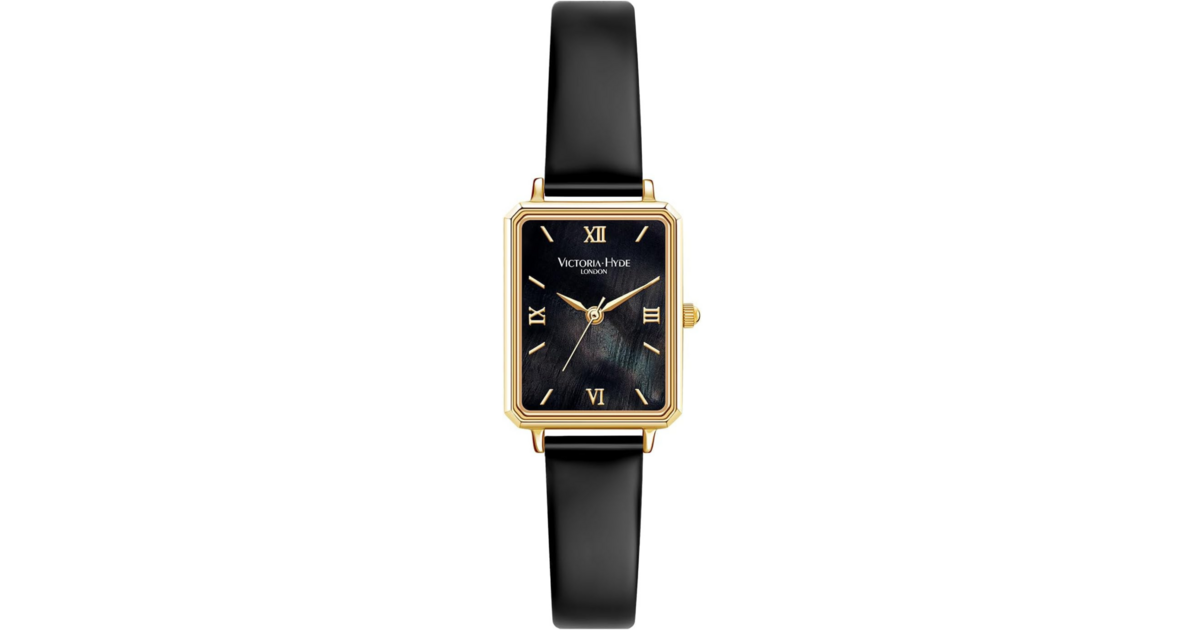Table of Contents
Making a watch yourself is a fascinating task that combines precision, patience, and creativity. While it may seem daunting, with the right tools, knowledge, and a little practice, it is possible to create a unique watch that reflects your personal style. This article will guide you through the process of making a watch, from acquiring the materials to final assembly.
1. Understanding the components of a watch
Before getting into the actual manufacturing, it is essential to understand the components that make up a watch. Every watch, whether mechanical or quartz, includes several essential elements:
- The case : it protects the internal mechanisms of the watch.
- The dial : this is the visible surface on which the hands move to indicate the time.
- The needles : they indicate the hour, minutes and sometimes seconds.
- The movement : it is the internal mechanism that makes the watch work. It can be mechanical (manual or automatic) or electronic (quartz).
- The crown : this small button on the side of the case allows you to set the time.
- The glass : the transparent surface that protects the dial.
- The bracelet : it keeps the watch on the wrist.
- Screws and washers : tiny pieces that hold all these elements together.
2. Choose the type of watch
Before you begin, you need to decide what type of watch you want to create. There are two main types of watches: quartz watches and mechanical watches. Here are some details to help you make your choice:
Quartz watch
Quartz watches are simpler to make and more accurate than mechanical watches. They run on a battery and a small quartz crystal that vibrates at a specific frequency to measure time. If you are new to watch making, a quartz watch might be a good place to start.
Mechanical watch
Mechanical watches operate using a mainspring that must be wound manually or automatically by the movement of the wrist. They are more complex to assemble and require regular maintenance, but they have an undeniable charm. If you are ready to take on a challenge and learn the complex workings of a mechanical movement, this option could be for you.
3. Gather tools and materials
Once you’ve decided what type of watch you want to make, it’s time to gather the necessary tools and materials. You can purchase watch making kits that include most of the parts, or you can purchase each component separately. Here’s what you’ll need:
- Watchmaker’s loupe : for working precisely on small parts.
- Fine tweezers : to manipulate tiny components.
- Precision screwdriver : to adjust small screws.
- Watch press : to fix the glass on the case.
- Case opener : to remove the case back.
- Spring clamp : to install and remove the bracelet.
4. Assemble the watch: step by step
Now that you have gathered the necessary tools and materials, you can move on to assembling your watch. Follow these steps carefully to ensure an accurate and satisfactory result.
Step 1: Prepare the workspace
Make sure your work area is clean and well lit. Watchmaking involves handling small parts, so it’s essential to work in an organized area. Use a watch mat to prevent parts from sliding around.
Step 2: Install the movement
Start by installing the movement into the case. If you are using a quartz movement, you will probably need to secure the battery before inserting it. Make sure the movement is seated securely in the case and that there is no play.
Step 3: Attach the dial and hands
Carefully position the dial on the movement. Dials are often secured with small screws or clips, so use your pliers and precision screwdriver for this step. Once the dial is in place, you can install the hands. This requires precision: use a special tool to align them correctly with the movement’s axes. Be careful not to let them touch each other as they move.
Step 4: Install the glass
Once the hands are in place, you can install the watch crystal. Carefully place it on the case and use a watch press to secure it. Make sure the crystal is snug and there is no play.
Step 5: Attach the case back
Once the glass is in place, close the case by securing the back. If you have a screw-on back, use the case opener to tighten it securely.
Step 6: Install the bracelet
Finally, install the watch band. Use the spring pliers to secure the pins between the case and the band. Make sure the band is secure and comfortable to wear.
5. Adjust and test the watch
Once your watch is assembled, it is important to test it to make sure it is working properly. If you have built a quartz watch, check that the battery is in place and that the movement is working. For a mechanical watch, wind the mainspring and check that the hands move normally.
Observe the watch for several hours to ensure that the movement is accurate. If the watch seems to be running slow or fast, you may need to adjust the mainspring tension or check the alignment of the components.
6. Maintaining your watch
Even if you have managed to assemble your watch with care, regular maintenance is essential to ensure its longevity. Here are some tips to keep your watch in good condition:
- Cleaning : Use a soft cloth to wipe the case and band regularly. Avoid exposing your watch to water unless it is water-resistant.
- Revision : a mechanical watch should be serviced every 3 to 5 years to ensure that the movement is working properly.
- Battery change : If you have made a quartz watch, remember to replace the battery every 1 to 2 years.
Conclusion
Making your own watch is a rewarding experience that allows you to gain technical skills while creating a unique piece. Whether you opt for a simple quartz watch or a more complex mechanical watch, the process requires patience, precision, and attention to detail. However, with the right tools and a little practice, you can create a watch that is uniquely yours and that you will be proud to wear or give as a gift.
If you want to discover watchmaking in an accessible way, Alcée House offers a kit to assemble a desk clock. This project allows you to create a unique clock while learning the basics of watchmaking. The kits include quality components, a detailed guide, and everything needed for an enriching experience.
To learn more about how make your own watch or a clock with Maison Alcée, discover their concept.






